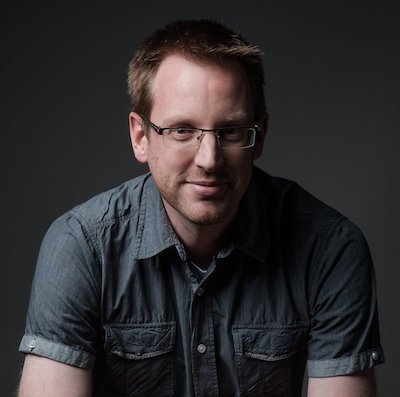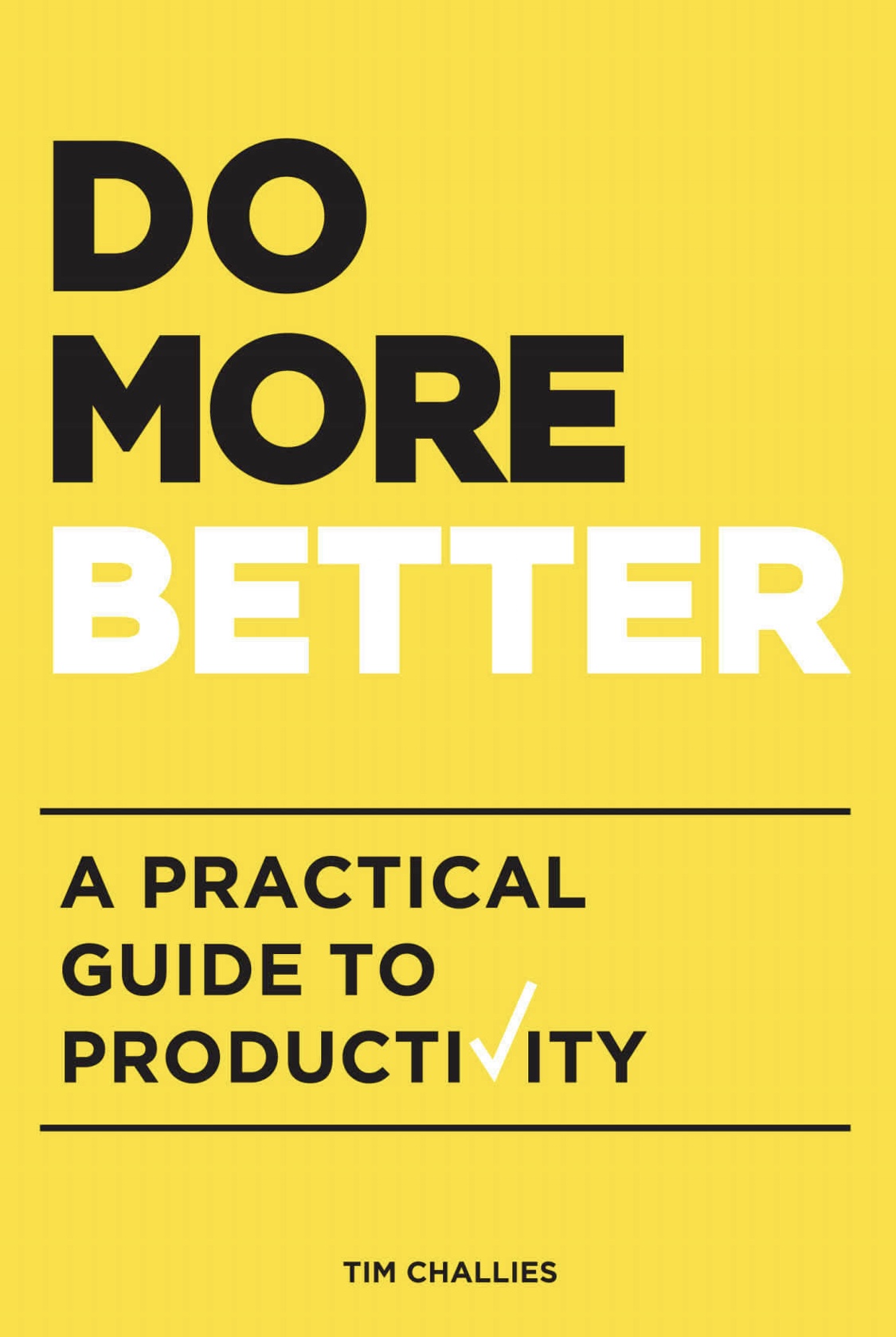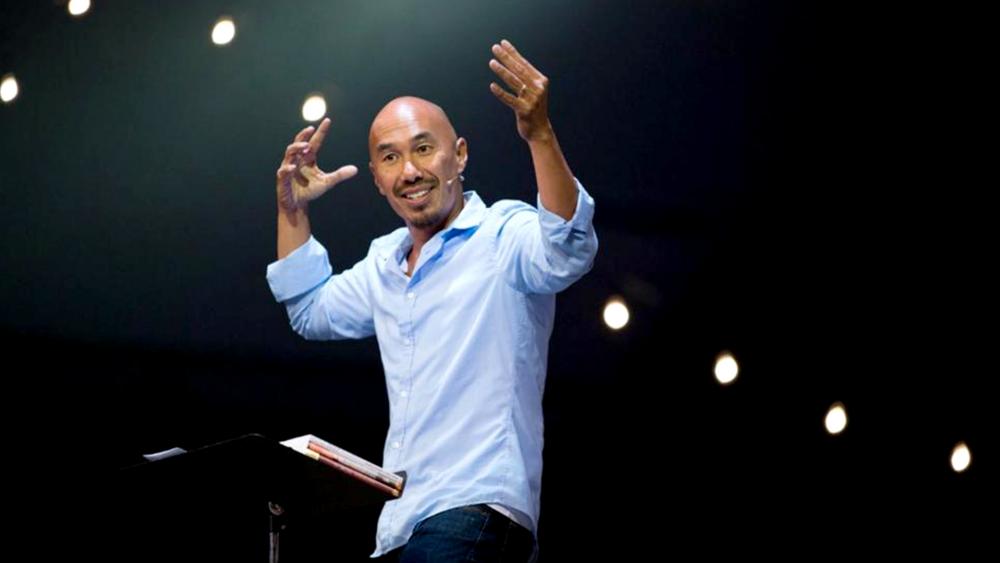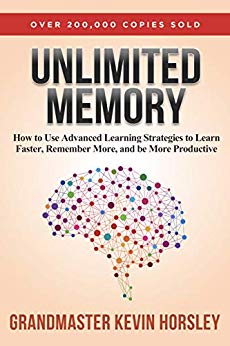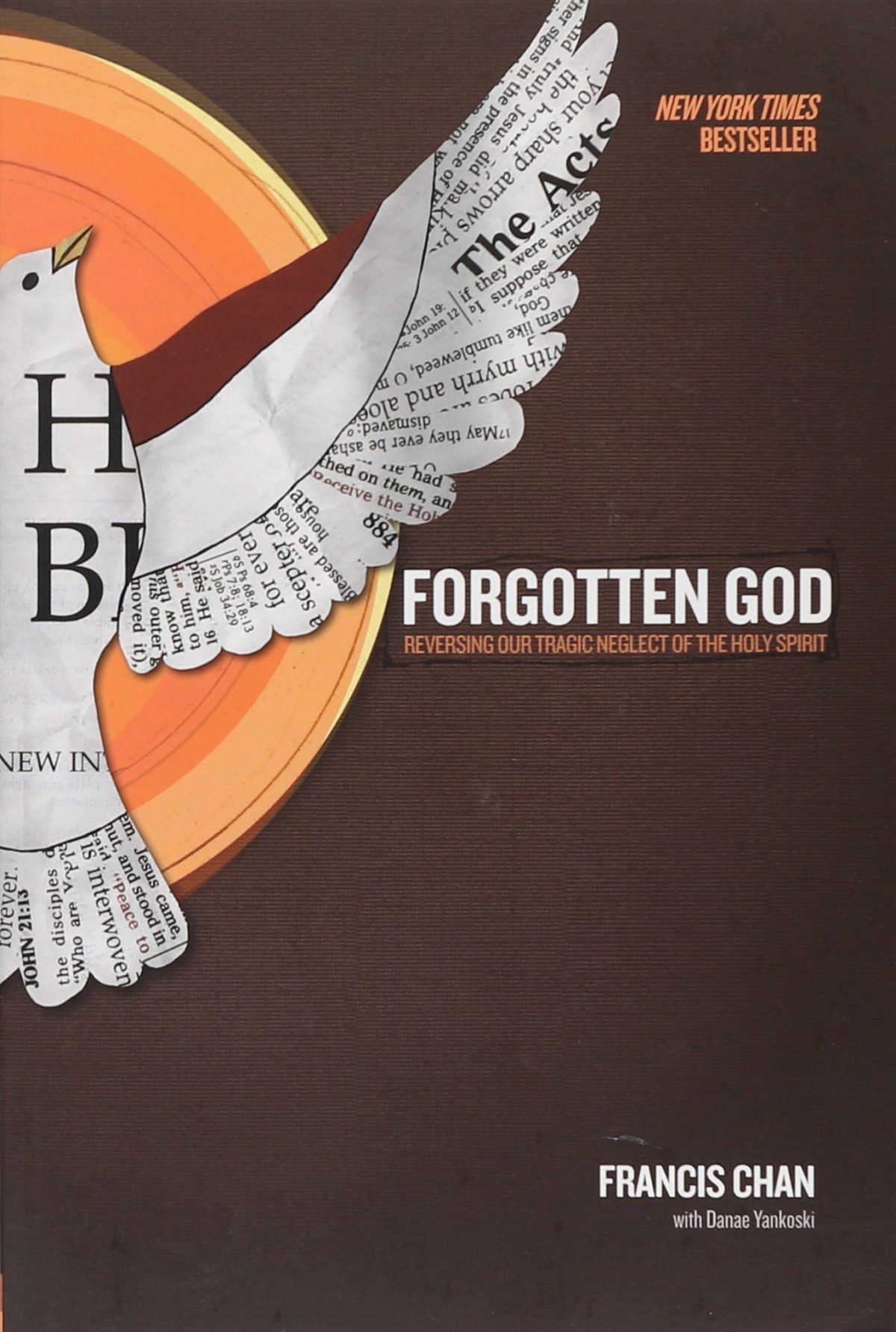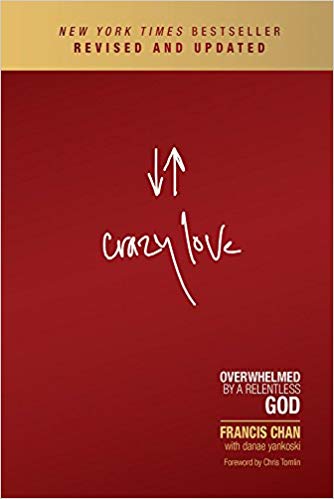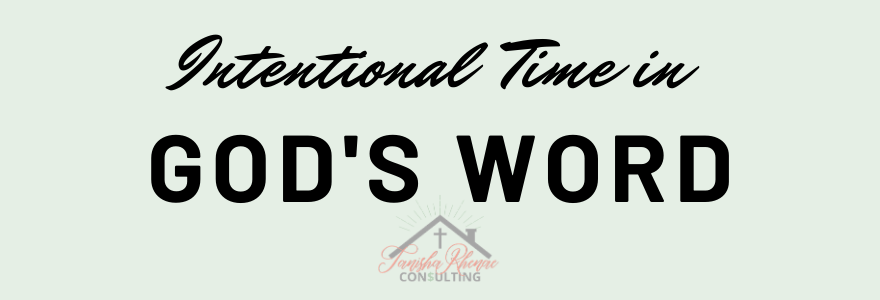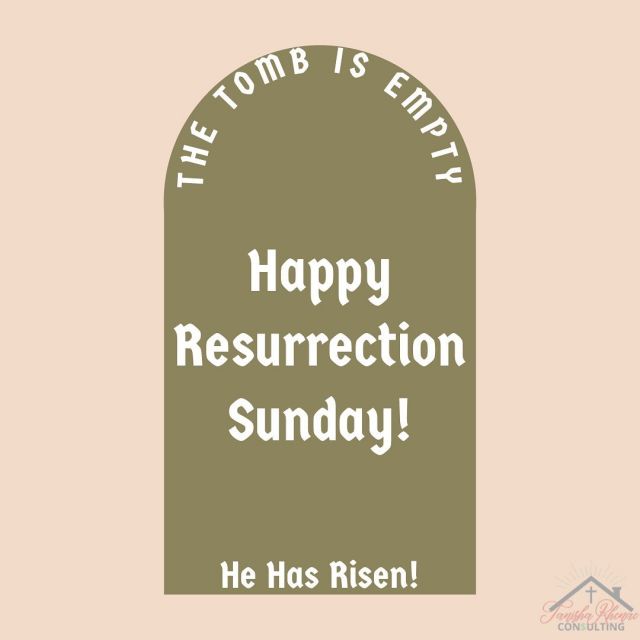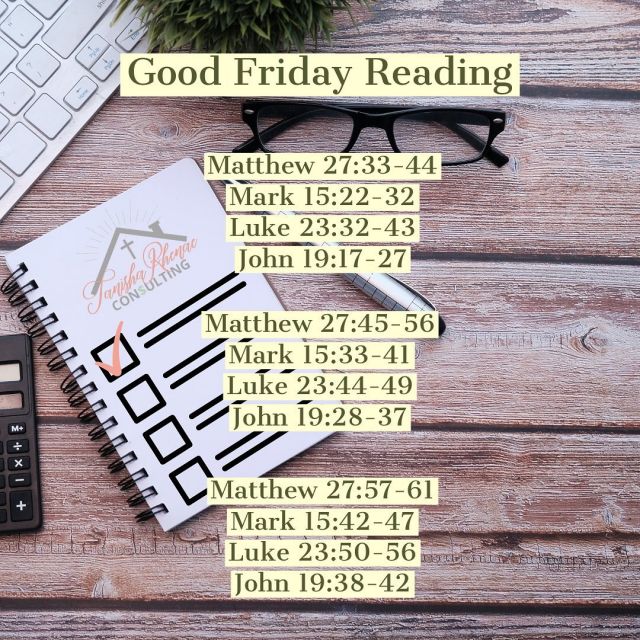Title: Do More Better – A Practical Guide to Productivity
Author: Tim Challies
Genre: Christian
Publisher: Challies
Rating: 



 Do More Better breaks down the importance and practicalities of having a routine to increase your productivity. Tim Challies has his hands in a lot. He is a Pastor, husband, father, book reviewer, blogger, amongst many other titles. I found him while doing some research on YouTube one day and was distracted by him giving book recommendations. Which led me down a rabbit hole of watching a few of his other videos (I may have watched every book recommendation video he has, but I digress). I went to his website to find out more information about him, signed up for his emails, and my first thought was, “How does he do all of this?”. When I saw that he had a book on productivity, it was a no-brainer for me to grab it. It was a quick read, with a lot of information that I already knew but wouldn’t be bad for someone that needed the basics of increasing their productivity.
Do More Better breaks down the importance and practicalities of having a routine to increase your productivity. Tim Challies has his hands in a lot. He is a Pastor, husband, father, book reviewer, blogger, amongst many other titles. I found him while doing some research on YouTube one day and was distracted by him giving book recommendations. Which led me down a rabbit hole of watching a few of his other videos (I may have watched every book recommendation video he has, but I digress). I went to his website to find out more information about him, signed up for his emails, and my first thought was, “How does he do all of this?”. When I saw that he had a book on productivity, it was a no-brainer for me to grab it. It was a quick read, with a lot of information that I already knew but wouldn’t be bad for someone that needed the basics of increasing their productivity.
My Thoughts:
As this is a Biblical based book on productivity, it wasn’t a shocker to find “good works” a topic. My experience is that many people are quick to downplay or flat out deny good works. After all, we are saved by grace and not good works. But like many other unpopular (as in you don’t hear them talked about often) bible verses, people tend to ignore what the Bible actually says about the good works we should be doing. I wonder if so many people focus on the fact that we are saved by grace and not works to get away with doing good works? I understand wanting to keep people away from thinking they can work their way to salvation. But I don’t hear much preached about doing good works as a result of our salvation. The reason we should be doing these good works? For God’s glory. Since our purpose in life is to do things for God’s glory, the things that prevent us from doing that is considered a theological problem per Challies.

Do More Better is an action based book. Tim Challies starts by walking you through what is productivity, what is stopping you from being productive, and then he actually walks you through the steps that he does to help with his productivity. Now I am one of those people who doesn’t usually do what a book tells me. If it says stop and write this down, I won’t. I’ll probably highlight it. Think about going back to it later, maybe. But unless I’m reading something for a specific reason, I just don’t do it. But since turning over a new leaf and actually trying to use the books and resources as tools for improvement, I am doing what I am told, and I am sharing with you. After all, that is why my blog is much more than just a book review site. By giving you my answers to the action items, you may consider the section to follow a bit of a SPOILER. I don’t want to ruin the book for anyone, so I will bold the beginning and end of the parts that give some information away, and you can skip right past them.
*****BEGINNING OF WHAT MAY BE CONSIDERED A SPOILER*****
One of the first early action items Challies gives is to pick a habit other than productivity that you will work on outside of productivity. Since I am currently on a sabbatical without any rigid responsibilities or timelines, my sleeping habits have been off. I’m actually dealing with a reversal of my days and nights. I can’t fall asleep at night, and I tend to fall asleep around 8 am. It’s been absolutely horrible. With that said, my habit that I would like to work on is actually waking up at 9:00 am. (I would prefer 5:00 am, but we will save that for another book review).
To create a plan for increasing your productivity, you need to understand what your current responsibilities are. Challies calls them Areas of Responsibilities. I won’t go into specifics of what he recommends (that’s why you need to read the book), but I listed the five areas I picked: Spiritual, Personal, Family, Family Management, Hobby. Each Area of Responsibility then has what is called roles (or tasks/projects). Mine are below which reflect where I am currently (as in today) in life. Which means on sabbatical and traveling. I expect mine to change when I am back home.

Now, according to Challies, you are ready to create mini mission statements for each role. It helps you understand your why and will help make decision making more manageable in the future.
Spiritual
Bible Reading– Read the whole Bible, so I am familiar with all of the Bible stories and major themes
Bible Studying– Build a personal relationship with God by truly getting to know Him through His word
Prayer– Continuously communicate with God, whether scheduled or unscheduled
Discipleship– Continue to share my faith, primarily through social media, to show people the importance of reading and studying the Bible for themselves
Personal
Eating Habits– Continue to eliminate food triggers that activate my IBS or Malabsorption issues
Self Care– Take time daily to do things that relax me so I can truly feel joy and peace
Administration– Plan and review my life to ensure my purpose is on track
Family
Wife– Love and respect Chris the way God wants me to
Daughter/Sister– Love and communicate with my family
Friend– Show my appreciation and stay in contact with them
Family Management
Cleaning– Stay on top of cleaning, not only my area/stuff, but help others to show the love for the gifts that God has blessed us with
Cooking– A stress reliever that helps me show love for others and helps keep everyone eating right
Hobby
Reading– Continue to read and apply what I learn to my life
Blog– Document what I am reading and learning to share with others
*****END OF WHAT MAY BE CONSIDERED A SPOILER*****
As you can see, there are plenty of action items that are given during the audit of your responsibilities. I appreciate Challies giving the details of not only his duties but showcasing how his wife’s and a friend’s audit looks different.
Moving on to the tools Challies finds essential to help with your productivity, he recommends some tools that I believe most of us are familiar with and probably use already. These tools help with tasks, scheduling, and information. I personally use 2 out of the 3 he recommends. And the only reason I don’t use the first one he suggests is that I prefer to manage my task using option 2 AND 3 together (thanks to my previous project analyst/professional organizer life).

Because he outlines how to use all 3 tools, I personally didn’t need this information, but it was detailed enough that someone starting from scratch could follow along and set theirs up. Rebuilding these types of habits has been a recent focus, so I actually had most of this setup and in a pretty similar fashion as Challies. I did adapt some of his ideas: for example, when setting up a task, start with an action word and a colon to ensure you are only adding a task that requires an action. For me, this also helps with block scheduling. If I see that I have five tasks that start with Call: for the week, I can block those task to be completed together.
Although Challies is giving specifics for how he sets up the tools he recommends, they are generic enough that no matter which tool you use, you can follow his set up process. Challies and I disagree on the efficiency of using all 3 of his recommend tools. In my opinion, if you can find 1-2 tools that can handle task management, scheduling, and information management AND you actually organize it correctly, go for it. At first, I was thinking because it was an older book, some of the tools were still new, but the book was published in 2015. Many employers, schools, or volunteer organizations have required the use of these tools for years now, and they just continue to be improved. My opinion is it’s more efficient and practical to use fewer tools as long as they accomplish the same goal. Challies doesn’t really give a reason to keep them separate other than he gave you the information.

I gave Do More Better 4-stars. Although the book had a lot of information that I already know and practice, it was geared towards those who are just starting to get their productive lives together. It was well written just for that purpose. Plus, I was still able to learn some things and apply them to my life. The whole piece on Area of Responsibilities and writing out mini mission statements made me slow down and honestly audit what my life is currently about and what type of changes I need to make. I know going back and reviewing that information alone will help me maintain my focus on my purpose.

*As an Amazon Associate, I earn from qualifying purchases using the links included in this post.











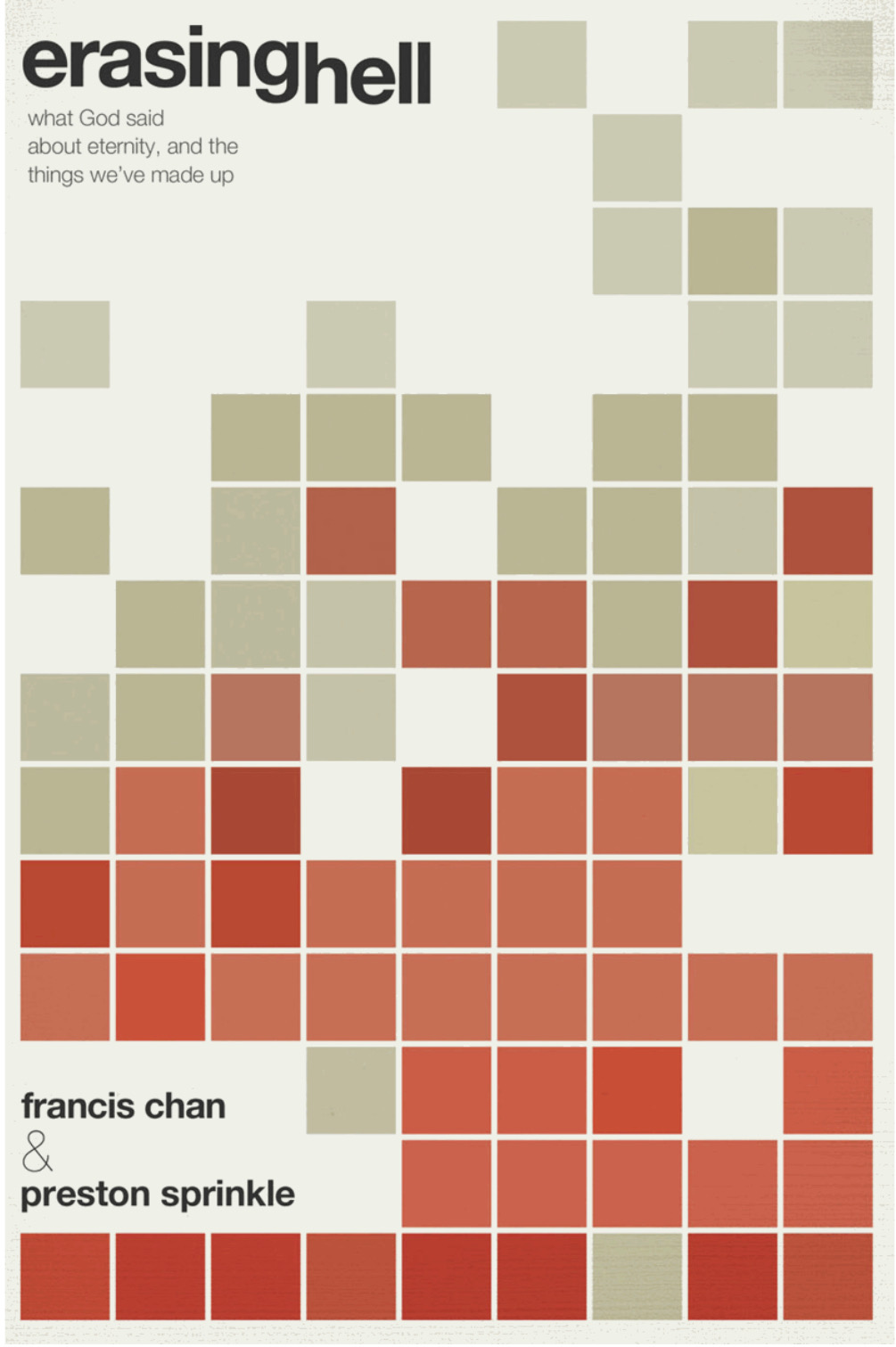
 This is book 3 out of 4 from
This is book 3 out of 4 from 
